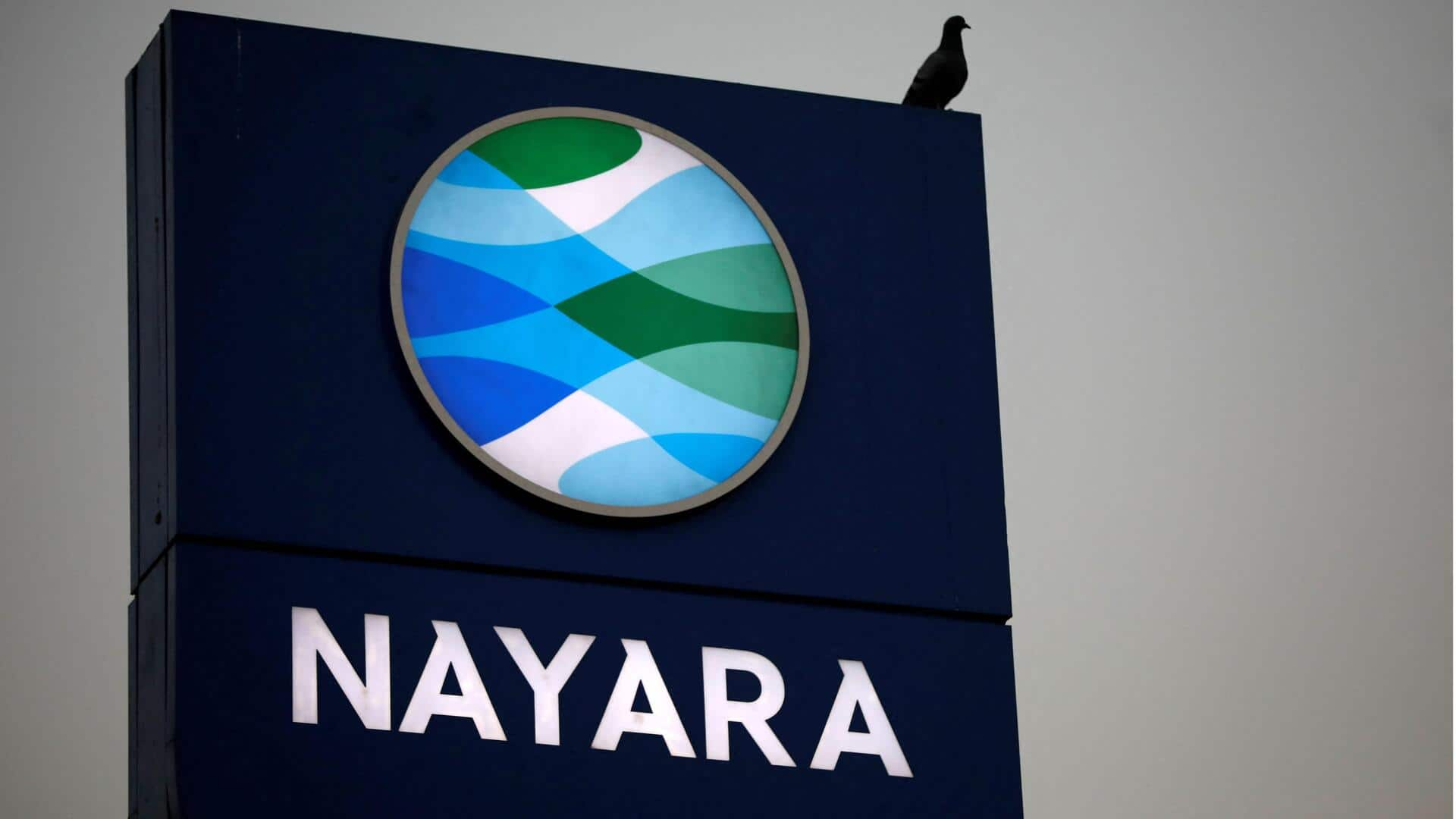
UCO Bank gets nod to handle trade payments for Nayara
What's the story
UCO Bank, a mid-sized state-owned lender, has received approval from the Indian government to handle trade payments for Nayara Energy Ltd. This comes almost two months after the refiner was sanctioned by the European Union (EU) and subsequently avoided by major financial institutions. The decision follows discussions between senior executives of UCO Bank and top Finance Ministry officials.
Payment facilitation
Operational details still being finalized
The Finance Ministry has asked UCO Bank to take the lead in executing payments for Nayara Energy, which is partly owned by Russian oil giant Rosneft PJSC. However, the operational details such as currency selection are still being finalized. The bank was previously mentioned as a potential candidate by Nayara, when it sought government assistance to establish ties with a domestic lender having limited offshore exposure for wire payments of crude oil imports and refined fuel product exports.
Transport challenges
Nayara seeks government help in securing vessels for transportation
Along with payment facilitation, Nayara has also sought government assistance in securing vessels for local product transportation. This comes after domestic shipowners stopped working with the company. The EU sanctioned Nayara in July, prompting the refiner to seek advance payments or letters of credit even before fuel shipments are loaded and reduce run rates at its operation.
Company profile
Rosneft holds over 49% stake in Nayara
Rosneft holds a little over 49% stake in Nayara, which contributes nearly 8% to India's refining capacity and 7% to its retail-fuel network. The company has been facing challenges since the EU sanctions, with large institutions in India and abroad generally responding to Western sanctions with extreme caution. This is due to fears of reprisals that could ultimately jeopardize access to the global financial system.